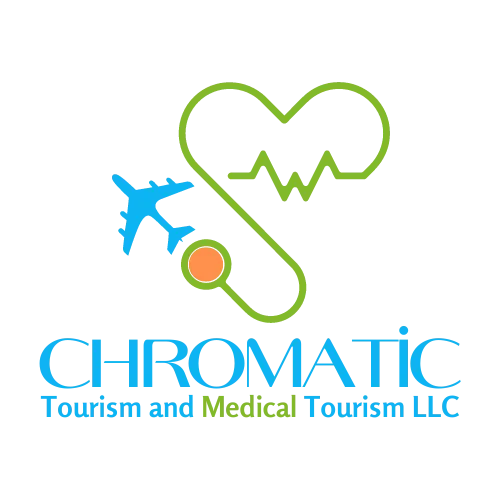Cardiovascular surgery has undergone remarkable advancements in recent years, driven by technological innovation and a deeper understanding of heart disease. These breakthroughs have transformed the way we diagnose, treat, and manage cardiovascular conditions, offering patients safer, less invasive, and more effective options. In this blog post, we’ll explore some of the most exciting innovations in cardiovascular surgery and their impact on patient care.
1. Minimally Invasive Cardiac Surgery
Minimally invasive techniques have revolutionized cardiovascular surgery by reducing trauma, pain, and recovery time. Key advancements include:
- Smaller Incisions: Instead of open-heart surgery, procedures are performed through tiny cuts, often using specialized instruments.
- Robotic-Assisted Surgery: Robots provide enhanced precision and control, enabling complex procedures with minimal disruption to surrounding tissues.
- Benefits: Faster recovery, reduced risk of infection, and shorter hospital stays.
2. Robotic-Assisted Surgery in Cardiovascular Procedures
Robotic systems like the da Vinci Surgical System have expanded the possibilities of minimally invasive surgery. Applications include:
- Mitral Valve Repair: Precise repair of damaged valves with minimal scarring.
- Coronary Artery Bypass Grafting (CABG): Performing bypass surgery without opening the chest.
- Atrial Septal Defect (ASD) Closure: Repairing heart defects with unparalleled accuracy.
Robotic surgery offers improved outcomes and reduced complications for patients.
3. Transcatheter Aortic Valve Replacement (TAVR)
TAVR is a game-changing innovation for patients with severe aortic stenosis who are at high or intermediate risk for open-heart surgery. Key features include:
- Minimally Invasive Approach: A catheter is used to implant a new valve without removing the old one.
- Faster Recovery: Patients often go home within days.
- Expanding Applications: TAVR is now being used for younger, lower-risk patients.
4. Advanced Imaging Technologies
Imaging plays a critical role in planning and performing cardiovascular surgeries. Innovations include:
- 3D Printing: Creating patient-specific heart models to plan complex surgeries.
- Intraoperative Imaging: Real-time imaging during surgery to guide procedures with precision.
- Augmented Reality (AR): Overlaying digital images onto the surgical field for enhanced visualization.
These technologies improve accuracy and reduce risks during surgery.
5. Artificial Hearts and Ventricular Assist Devices (VADs)
For patients with end-stage heart failure, mechanical devices offer hope:
- Total Artificial Hearts: Replace the entire heart, serving as a bridge to transplantation.
- Left Ventricular Assist Devices (LVADs): Support the heart’s pumping function, improving quality of life and survival.
- Portable Systems: Allow patients to live at home while awaiting a transplant.
6. Gene Therapy and Regenerative Medicine
Emerging therapies aim to repair or regenerate damaged heart tissue:
- Gene Therapy: Targets genetic causes of heart disease to prevent or reverse damage.
- Stem Cell Therapy: Uses stem cells to regenerate heart muscle and blood vessels.
- Tissue Engineering: Develops bioengineered heart valves and vessels for transplantation.
These approaches hold promise for treating previously incurable conditions.
7. Hybrid Procedures
Hybrid surgery combines traditional surgical techniques with minimally invasive approaches to address complex cases. Examples include:
- Hybrid Coronary Revascularization: Combines CABG with PCI for optimal outcomes.
- Hybrid Valve Repair: Combines surgical and catheter-based techniques for complex valve diseases.
Conclusion
Innovations in cardiovascular surgery are transforming the field, offering patients safer, more effective, and less invasive treatment options. From robotic-assisted surgery and TAVR to gene therapy and regenerative medicine, these advancements are paving the way for a brighter future in heart care. If you or a loved one are facing cardiovascular surgery, consult your healthcare provider to explore the latest options tailored to your needs.


